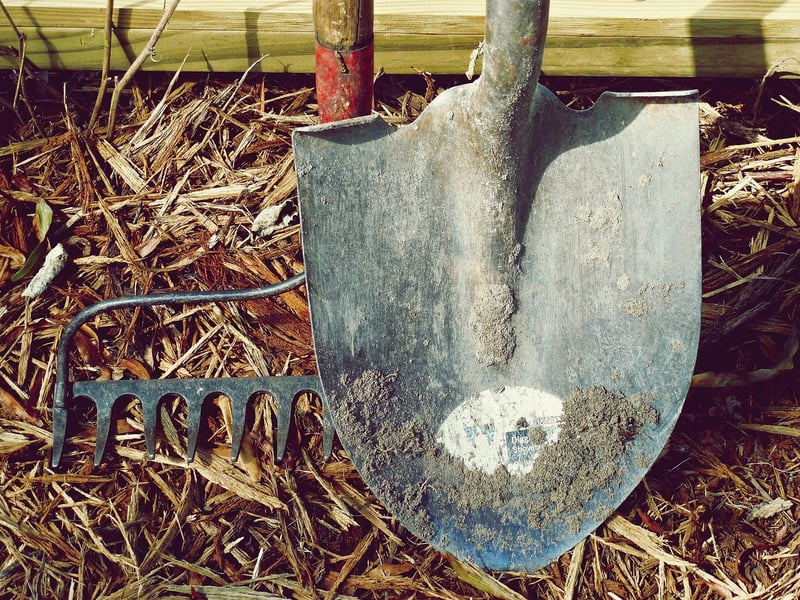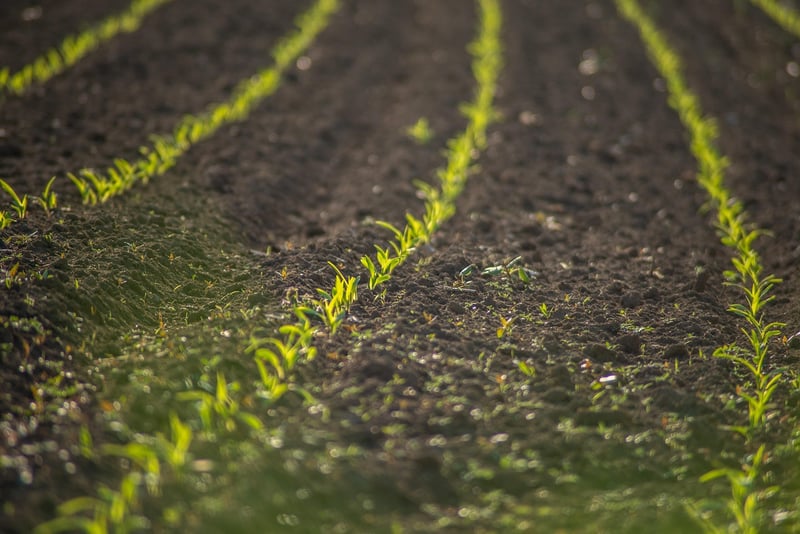Soil Types
Essential Cultivation Advice for Successful Gardening
Introduction
When it comes to gardening, the right cultivation practices can make all the difference in the success of your plants. From proper watering techniques to understanding soil types, here is some essential advice to help you cultivate a thriving garden.
1. Watering
One of the most critical aspects of cultivation is proper watering. Overwatering can lead to root rot, while underwatering can cause plants to wither and die. It's essential to water your plants deeply but infrequently to encourage healthy root growth.
2. Sunlight
Plants need sunlight to photosynthesize and grow. Make sure to place your garden in an area that receives an adequate amount of sunlight based on the needs of your specific plants. Some plants thrive in full sun, while others prefer partial shade.
3. Soil Preparation
The type of soil you use can greatly impact the health and growth of your plants. Understanding different soil types and amending them as needed can make a significant difference in your garden's success.
Types of Soil:
- Clay Soil: Heavy and dense soil that retains water well but can become compacted. Add organic matter like compost to improve drainage.
- Sandy Soil: Light and well-draining soil that doesn't hold nutrients well. Amend with compost or peat moss to improve water retention.
- Loamy Soil: Ideal soil that is a mix of sand, silt, and clay, providing good drainage and nutrient retention. Perfect for most plants.
- Silt Soil: Smooth and fertile soil that retains moisture well but can become compacted. Mix with compost to improve aeration.
Conclusion
By following these essential cultivation tips, you can create an environment where your plants will thrive and flourish. Remember to tailor your care practices to the specific needs of your plants and monitor their progress regularly to ensure a successful garden.

For more in-depth information on soil types and cultivation practices, consult gardening books or local horticultural experts.
